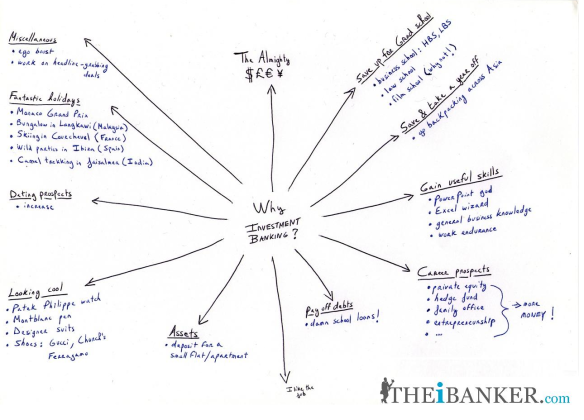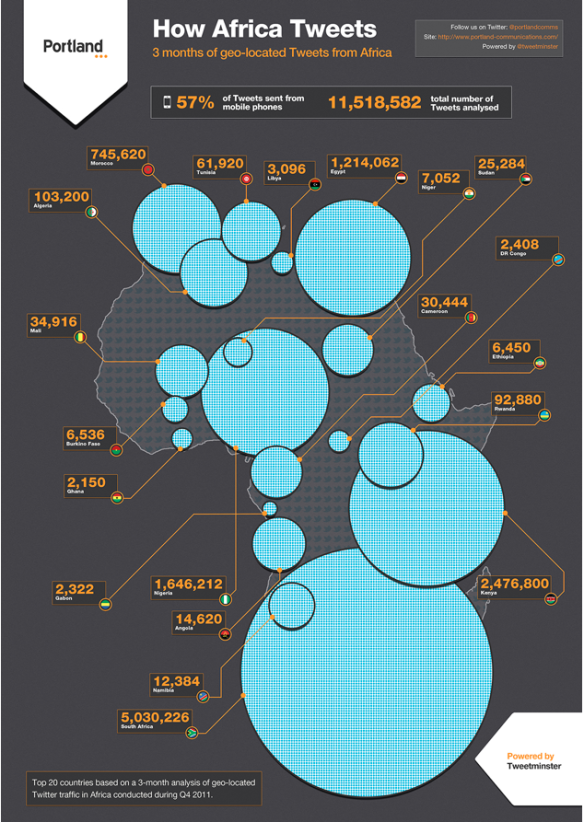These are interesting times in Kenya. The Deputy Chief Justice and Vice President of the Supreme Court, Nancy Baraza, stands to lose her job for harassing a female security guard on New Year’s Eve.
Ms Baraza’s ordeal is interesting because it captures the momentous changes taking place in Kenya’s institutions of governance. The idea that a public official of such high stature could get in trouble for the “simple act” of threatening a security guard was laughable only a few years ago. Not long ago Kenya was divided between wananchi (loosely translates to citizens) and wenyenchi (owners of the country), the latter being virtually above the law. That has since changed. Even the president has in the recent past been forced to reconsider his actions whenever they were deemed to be in contravention of the supreme law of the land.
But the progression towards this state of affairs has not been straightforward – which is why I think that the Kenyan case is a good lesson in contemporary evolution of limited government.
Academic discussions of limited government revolve around the question of how to achieve credible commitment among the veto players within a polity. That is, how competing factions within the state can agree to a modus operandi that makes their interactions predictable and objectively justifiable based on a predefined idea of what actions are legitimate. The most common way to do this is usually to have institutions of state defined in constitutions and to regularly elect public officials.
But as Stasavage has argued, the mere existence of institutions and veto players is not a sufficient condition for credible commitment. There must be a guarantee that specific important veto players will have de facto veto power. In other words, it matters that various factions within society CAN balance each other.
How does this map onto the Kenyan case?
Contrary to the popular view, the story does not begin with the 2007-2008 post-election violence and the formation of the Grand Coalition Government. The story begins with the pro-capitalist policies of president Kenyatta that created room for the emergence of a wealthy upper class within Kenyan society. At the beginning, this class was totally dependent on the state for its reproduction. But over time, segments of the class acquired independence. Under Moi and now under Kibaki there is a sizeable chunk of the economic upper class that makes its money without a personalist connection to the state [You have to take my word on this, for now.]
The fact that both Odinga and Kibaki have had public fall-outs with wealthy co-ethnics who have then decamped to the other side is illustrative of this fact.
It is this emergence of “independent wealth” that provided the foundation of the strong opposition that emerged after Moi retired. Led by Raila Odinga and his allies, these politicians had the money and social capital to challenge the president and his men on equal terms. That is why when stuff hit the fan in 2007-08 Kibaki had no option but to agree to share some of his power with Odinga. The two men knew that neither of them could win the game of “my street against your street.” It is also why the negotiated settlement that is Kenya’s new constitution was an exercise in give and take, with an absurd emphasis on procedure and self-executing clauses.
The implementation of the new constitution has not been any different. Which takes us back to Ms Nancy Baraza.
It is common knowledge that Ms Baraza was not an establishment appointment to the Supreme Court. She was part of the civil society coup in judicial appointments which also included the Chief Justice. Having “lost the court” the establishment ensured it had control by insisting on maintaining control over the Director of Public Prosecutions and the Attorney General. The establishment also controls the Police Force. Their challengers (who are no angels themselves) had the goodwill of civil society and big enough constituencies in key organs of the state – including the military. They also had a plurality in parliament.
So when Baraza got in trouble due to what appears to be a lapse in judgment, the establishment saw a chance to get her out. But they had to do it within the bounds of due process. And so they have been quick at it. The police (whose top brass will be fired soon by a panel laden with civil society types) conducted a quick investigation and concluded that the DCJ had a case to answer. The Judicial Service Commission has since arrived at the same conclusion, and recommended the Justice’s suspension to the president. The process has thus far been transparent, with very few questioning the legitimacy of the inquiry into the behavior of Ms Baraza.
Meanwhile the civil society has been dead quiet. Many fear that their hard fought gains of having two of their own (The Chief Justice and his deputy) in the Supreme Court will be eroded after Ms Baraza’s departure. I bet that when the dust settles and the debate over who should replace Baraza gets heated civil society (and the Odinga camp) will want to replace her with one of their own. It will be interesting to see if the establishment will move to alter the balance of power by challenging this implied consensus.
The long and short of it all is that it matters that competing forces in society credibly balance each other. In those countries (like in most of Sub-Saharan Africa) where presidents and their men have overwhelming power advantages over their opponents, it will be doubly hard for limited government to come about. If the Kenyan experiment succeeds it will be proof that you need not have an inter-ethnic love-fest or the lack of factions for limited government to emerge.
This is mostly a story about the Kenyan political and economic elites. What about the wananchi/masses? That will be the subject of a future post.


